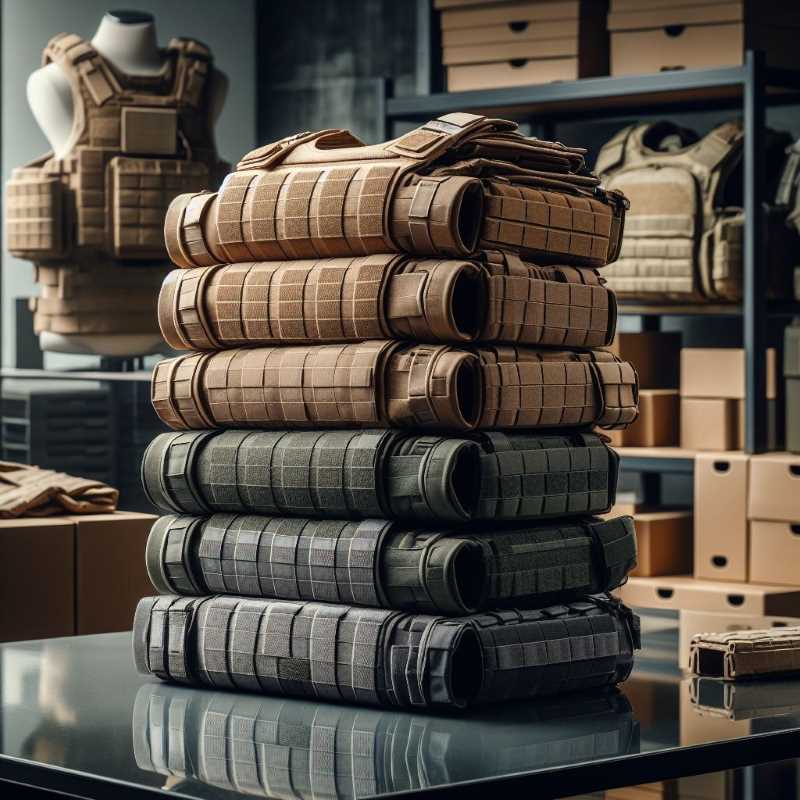How China Challenges US Influence in Latin America
China expands its military reach in Latin America through arms sales, gifts, and training programs. This subtle influence shift raises U.S. attention despite no immediate threat, highlighting the changing dynamics of power in the Americas.

Gradually, China increases its supply of military equipment in Latin America, especially in nations such as Peru, Venezuela and Costa Rica, which draws attention in the United States, said professor at the United States Army War College, Evan Ellis, when participate in the China-Mexico Conference Series organized by UNAM.
Accompanied by Enrique Dussel Peters, coordinator of the Mexico-China Studies Center of this study house, the American researcher reflected that although there is concern, the reality is that the current administration of President Joe Biden does not seek to hinder the operations of sovereign nations.




